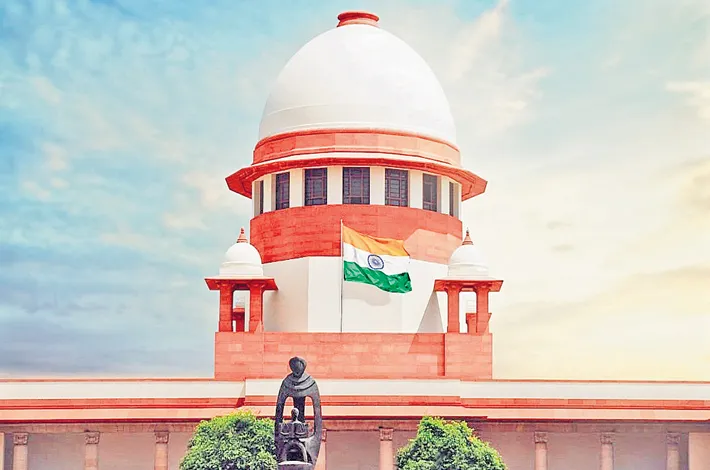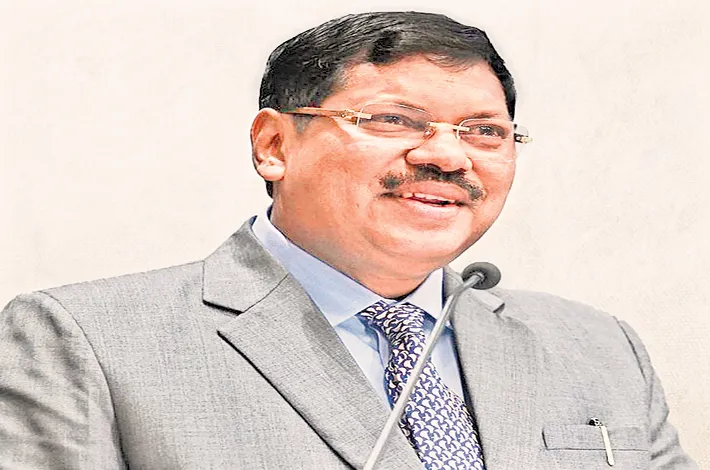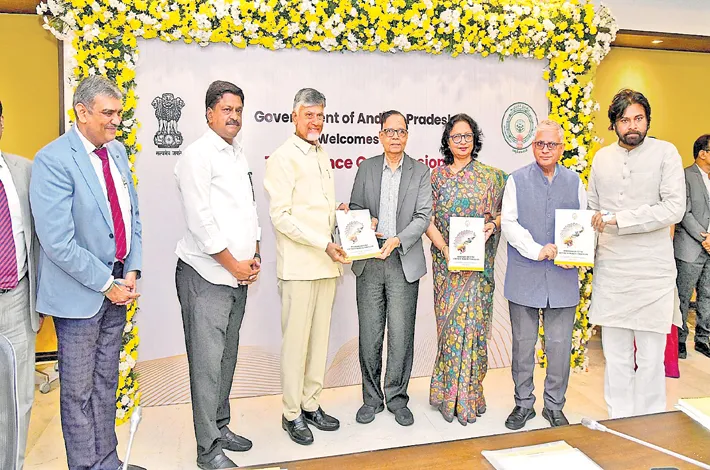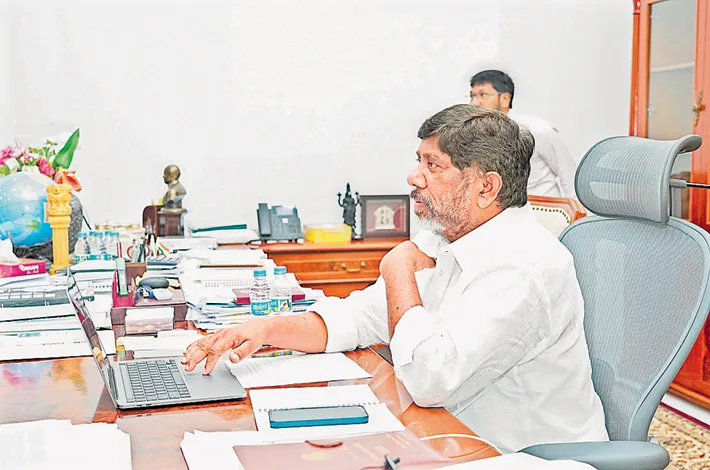TDP’s free bus travel for women soon in AP
25-12-2024 12:00:00 AM
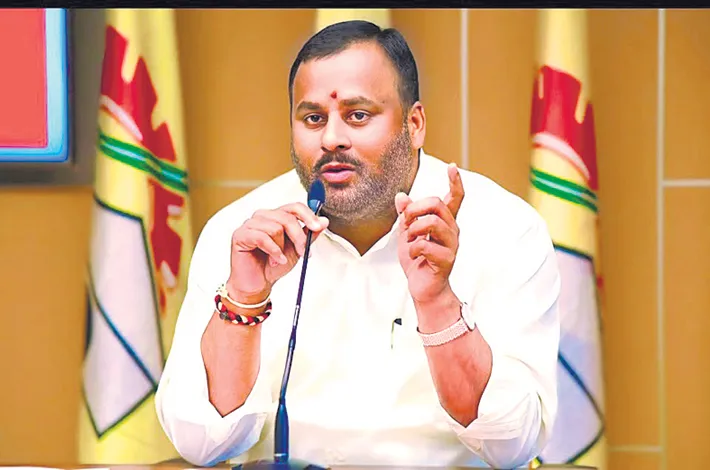
- ■ The state government has initiated preliminary feasibility studies for the viability of free bus travel
- ■ The government aims to enhance women’s participation in the workforce and education
- ■ Schemes in states like Delhi, Tamil Nadu, Telangana and Karnataka have reportedly empowered women and boosted public transport usage
- ■ Women constitute 40% of the daily ridership, while men account for the remaining 60%
- ■ A preliminary report outlines both the opportunities and obstacles associated with the scheme
KIRANMAI TUTIKA | AMARAVATI
For the women in Andhra Pradesh, if everything goes according to plan, travel in government buses is going to be free in 2025. A promise made during elections. The state government has initiated preliminary feasibility studies, and a ministerial subcommittee, led by Transport Minister Mandipalli Ramprasad Reddy, has been formed to evaluate the scheme’s viability and learn from similar initiatives in other states. Similar schemes are in force in Delhi, Tamil Nadu, Telangana and Karnataka.
Currently, Andhra Pradesh State Road Transport Corporation (APSRTC) buses cater to approximately 44 lakh passengers daily. Of these, 27 lakh purchase tickets, including 24 lakh passengers who use premium services like super luxury and air-conditioned buses. Women constitute 40% of the daily ridership, while men account for the remaining 60%. With a current bus occupancy rate of 69%, officials project that the implementation of free travel for women could push this figure to 95%, potentially transforming public transport in the state.
While the idea has been widely praised, the logistical and financial hurdles are daunting. To accommodate the expected surge in passengers estimated to rise by an additional 10 lakh per day, the APSRTC would require significant scaling up. This includes over 2,000 additional buses to meet the increased demand along with recruitment of 11,500 new personnel, including drivers, conductors, and mechanics.
The current APSRTC revenue stands at Rs.16–17 crore daily, of which women passengers contribute approximately Rs.6–7 crore. Offering free travel to women would result in an estimated revenue loss of Rs.200 crore per month, creating a substantial financial burden for the state.
To address these challenges, the ministerial subcommittee, chaired by Transport Minister Mandipalli Ramprasad Reddy, has been tasked with studying free travel schemes implemented in other states.
The preliminary report, already submitted by government officials, outlines both the opportunities and obstacles associated with the scheme. Speaking to Metro India, S. Nagamani, a teacher working in government school said that free bus travel would benefit the student community more than anyone in the society. “Although the government is offering free bus passes to the students, having direct access of boarding the bus rather than standing in long queues at bus pass counters is easier. With this free travel initiative many girl students would come forward to pursue education.”
R. Venkateswara Rao, retired official of APSRTC said, “RTC has been grappling with losses for ages and only from the past two years it is performing well. Now with this free travel, it is going to be burdensome.”





